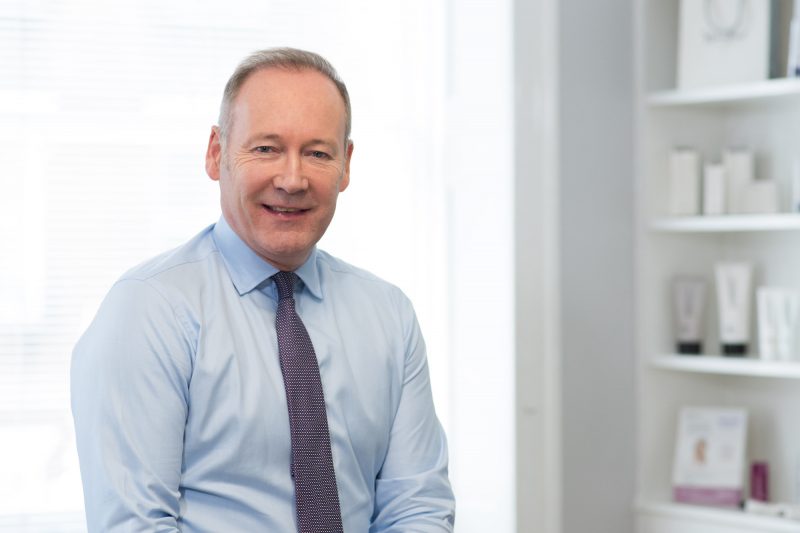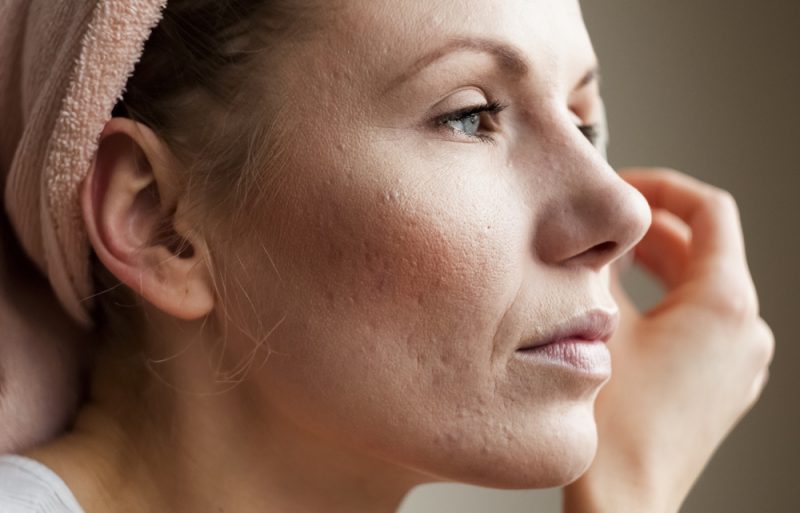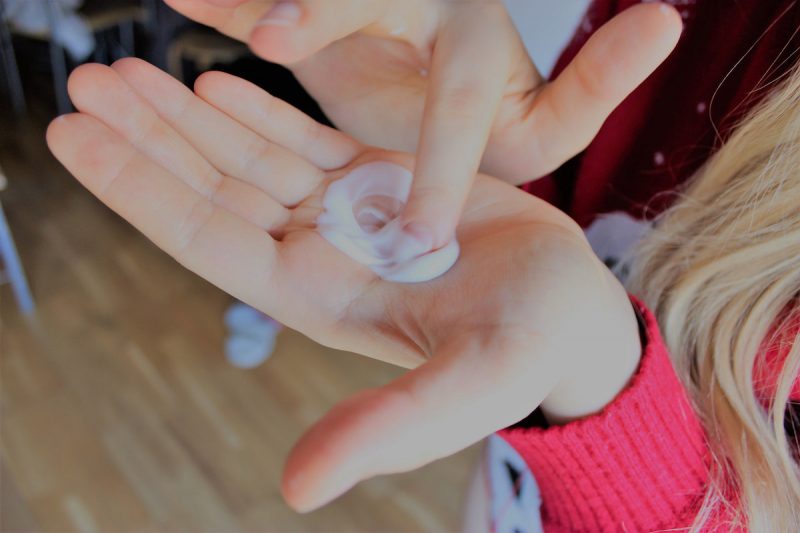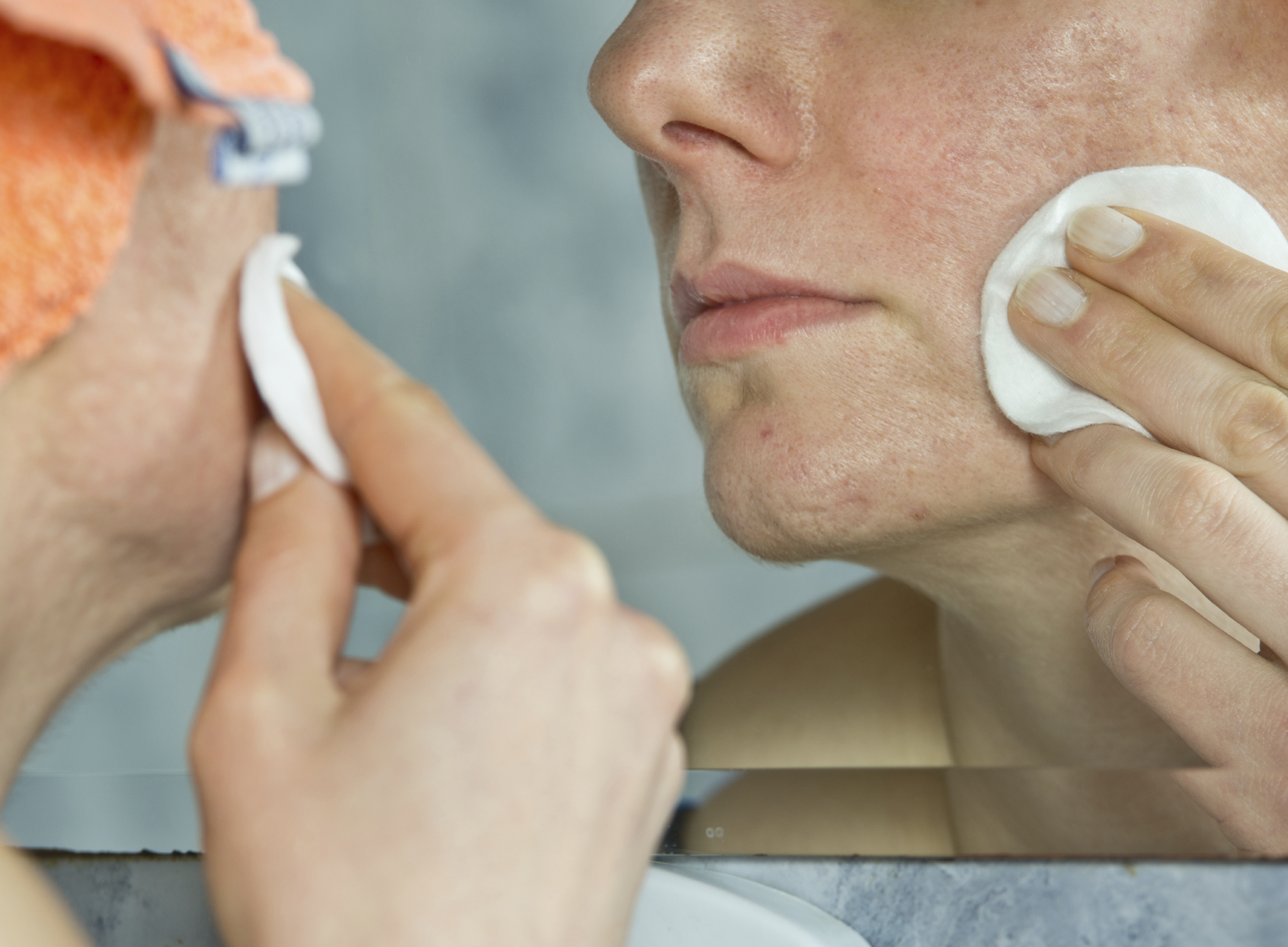- Most dermatologists agree that retinol helps to reduce the appearance of fine lines and wrinkles.
- It was once difficult to get hold of topical retinol products without a prescription or paying for high-end cosmeceutical products.
- But there’s now a booming market of derivatives of vitamin A available in varying strengths over the counter.
- Business Insider spoke to Mervyn Patterson, a cosmetic doctor at Woodford Medical, who says they are being marketed in an irresponsible way.
- He says that the industry is taking us into ‘a mass experimentation of the population.’
- He shared a number of reasons to be wary of retinol overuse.
The cosmetics industry is saturated with products that promise to reverse and prevent the signs of ageing, but there’s one product that dermatologists generally agree works – retinol.
Retinol, a form of vitamin A, has been used for years to treat acne, but more recently has become part of the daily skincare routine – and war on wrinkles – of many.
“Retinol undoubtedly makes the skin smoother”
When we met with Mervyn Patterson, a cosmetic doctor at Woodford Medical, he told us that you start to lose collagen in your face from your mid 20s, and lose something between 1-1.7% a year from then onwards – a scary thought.

"Retinol undoubtedly makes the skin smoother," he told Business Insider. "You get a positive effect on collagen, that is definitely true. You get an increase of blood flow to the skin - there are lots of positive things that you can say about Retinol."
He said that it works by encouraging basal cells (in the lowest layer of the skin) to divide, and as a result you get more new epidermal cells that migrate up to the skin's surface and eventually become the rooftop.
"The more retinol you put on the skin, the more these new cells appear at the surface, at which point a mechanism kicks in that wants to shed the excess skin - that's the exfoliation process," he said.
Derivatives of vitamin A
It was once difficult to get hold of retinol products without a prescription, but there's now a booming mass market of derivatives of vitamin A available in varying strengths over the counter.
Patterson explained that in prescription-strength retinoids (like Tretinoin) or higher-end cosmeceutical products, you will typically find the active form of vitamin A - retinoic acid.
Other products on the market, he said, such as retinol, retinal, and retinol palmitate, contain precursor molecules, that when combined with enzymes in your skin, are converted to the active form.
They are considered less potent, but studies have shown these products can have similar positive effects on anti-ageing as prescription strength versions - though in some cases they can take longer to work.
The benefits, or rather short-term effects, of using topical retinol products have been widely documented by beauty influencers, editors, and celebrities, too.
Having used them myself, it's not hard to see why they've become such a beloved skincare staple. After using a product for several nights in a row, my skin did genuinely feel noticeably smoother.
But Patterson told Business Insider that he believes the industry is marketing retinol products to consumers in an irresponsible way.

"Skincare companies have lost all sense of what's healthy for the skin"
Patterson said that one problem with retinol overuse is that these new skin cells don't function well because they have been rapidly produced, and therefore lack the necessary adhesion and lipid production to protect the skin properly.
"The main function of the top layer of the skin is to protect us, to keep away environmental factors. The more retinol you put on, the poorer the barrier function becomes," he said. "This is why a lot of people feel that their skin is very sensitive and experience peeling, flaking, and irritation."
One of the main side effects of using retinol is that it makes your skin more sensitive to UV sunlight, in particular. It's therefore incredibly important that if you're using retinol, you also wear a high SPF sunscreen on top of your moisturiser.
But in vying for the position of "top dog," Patterson says that skincare companies have lost all sense of what's healthy for the skin.
"It's like a sweet shop with all the different forms of vitamin A that are now available online," he went on. "You have all sorts of unproven claims like 'we have the most potent, the fastest acting, or the most encapsulated retinol,'" he went on, adding that people lack the knowledge of how to use them.
"People randomly combine different ingredients, often from different ranges, with little idea whether the combinations are sensible or balanced. With so much choice and marketing pressure it's easy to see how skincare routines can become chaotic," he said.
"The industry is taking us into a massive experimentation"
And there's another reason to be wary of retinol overuse, according to Patterson. Cells generally divide to grow and repair the tissue in your body, but normal cells can only divide a finite number of times (about 50, according to the Hayflick Limit), which is one of the primary reasons we age.
"We don't live forever," he told Business Insider. "So if you plaster way too much retinol on in your 20s, 30s, and 40s, you could be depleting all of those healthy cell divisions that you really should be storing for cell divisions further down your lifetime."
"The skincare industry is taking us into a massive experimentation of the population," he went on. "They're just interested in the short-term marketing of the products - we don't know what will happen with prolonged excessive use."

Striking the balance
Using vitamin A in your skincare regime is only one piece of the puzzle, he says, adding that there are multiple other vitamins or components of vitamins that are required for the "nutritional" support of the epidermis to achieve healthy skin.
"Skin is no different to the human body - it requires a balanced array of the essential nutrients all in the correct proportions," he said, adding that you only need a tiny amount of retinol.
"The ideal supply of vitamin A is a small amount of the immediately active form - retinoic acid - alongside precursor retinols that can be converted into the active form as they are required."

Repair the barrier and dampen down inflammation
Before you even start thinking about vitamin A, he said the first steps to healthy skin are repairing your barrier and dampening down inflammation, which can be done with moisturisers and cleansers.
"Choose products that use lipid formulations to 'adjust' the surface ratio of skin lipids back to normal. The ideal product would also contain a wide array of proven anti-inflammatories (examples of these are botanical extracts such as date, meadowfoam and safflower) to dampen all pathways of inflammation," he said, adding: "Only then should one get creative with topical vitamins.
"There are consequences of putting too much of one thing onto your body."

